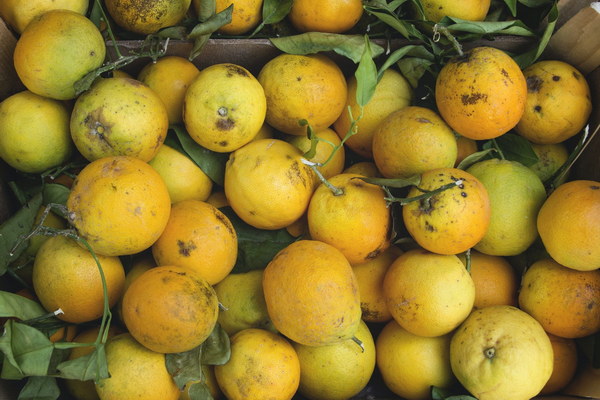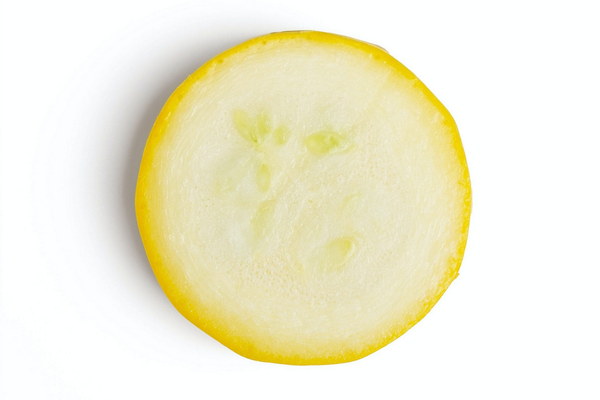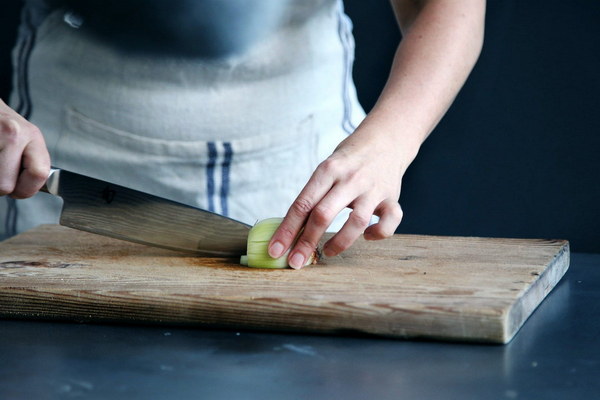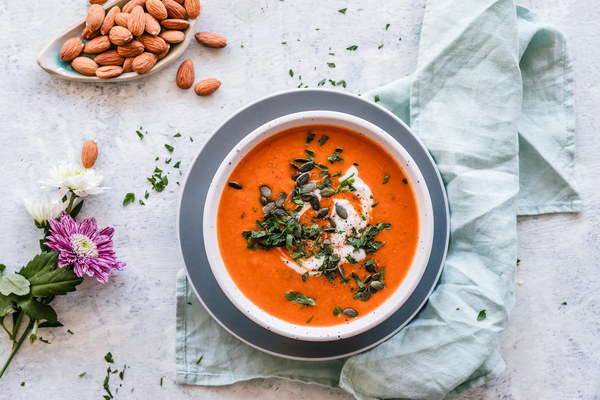Can Cold Water Help Exorcise Dampness Unveiling the Truth About Traditional Remedies
In many cultures, especially in Eastern countries, there is a long-standing belief that drinking cold water can help expel dampness from the body. But does this traditional remedy hold any truth? Let's delve into the topic and uncover the facts behind the claim.
Firstly, it is essential to understand what dampness, or dampness syndrome as it's known in Chinese medicine, refers to. Dampness is considered a type of internal imbalance that can result from exposure to damp weather, excessive moisture in the environment, or consuming cold, damp foods. Symptoms of dampness include fatigue, bloating, water retention, and a general feeling of heaviness or discomfort.
The idea behind drinking cold water to alleviate dampness is based on the principle that cold water has a cooling effect on the body, which can help reduce internal dampness. However, modern scientific research does not support this belief. In fact, the effects of cold water on dampness are not well understood, and there is a lack of empirical evidence to prove its effectiveness.
From a physiological standpoint, when you drink cold water, your body needs to work to warm it up to match your body temperature. This process requires energy, and it's possible that this energy expenditure could potentially help eliminate some dampness in the body. However, the extent to which this occurs is not well-documented.
Moreover, drinking cold water may not be the best solution for dampness. In some cases, it could exacerbate the problem. For instance, if someone is already suffering from dampness-related symptoms, consuming cold water may further dampen the body's internal environment, potentially worsening the symptoms.
Traditional Chinese medicine (TCM) offers alternative remedies for dampness, which are more aligned with the principles of balancing the body's internal energies. These remedies include:
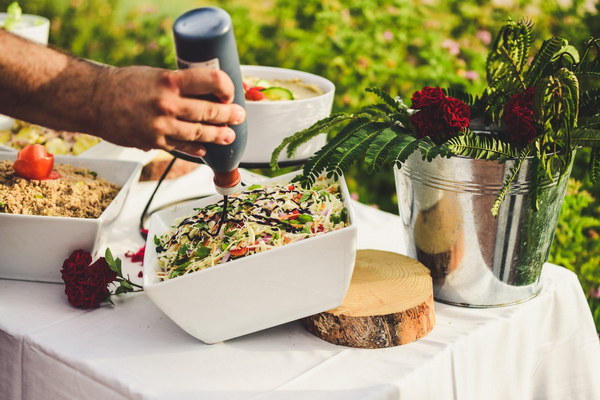
1. Adjusting diet: Avoiding cold, damp, and heavy foods, such as ice cream, cold drinks, and raw vegetables, while incorporating warm, cooked, and light foods into the diet.
2. Acupuncture: Acupuncture can help balance the body's Qi (vital energy) and eliminate dampness.
3. Herbs: Certain herbs, such as Cinnamon, Astragalus, and Atractylodes, are believed to have dampness-dissipating properties.
4. Exercise: Engaging in regular exercise can promote circulation and help expel dampness from the body.
In conclusion, while the idea of using cold water to expel dampness has a basis in traditional beliefs, there is a lack of scientific evidence to support its effectiveness. If you're suffering from dampness-related symptoms, it's best to seek guidance from a healthcare professional or a TCM practitioner. They can provide a more tailored approach to address your specific needs and recommend appropriate treatments. Remember, the key to maintaining a balanced body is a combination of diet, lifestyle, and, when necessary, medical intervention.


